Remembering and being remembered were ideas many films concerned themselves with, in a year which many of us spent wanting to forget
During a year where UK cinemas are still dealing with the fallout of the pandemic, and attempting to return to what the world was like before, it’s apt that many of the best films of 2021 are concerned with the idea of remembrance. Whether it is Anthony Hopkins grasping after his own memories in The Father, or Dev Patel attempting to create a legacy as a Knight of the Round Table, these stories are interested in memorialisation. Envisioning a new future with an awareness of the past is the enterprise of cinema in the wake of a disaster we’d all love to forget, but can’t afford to.
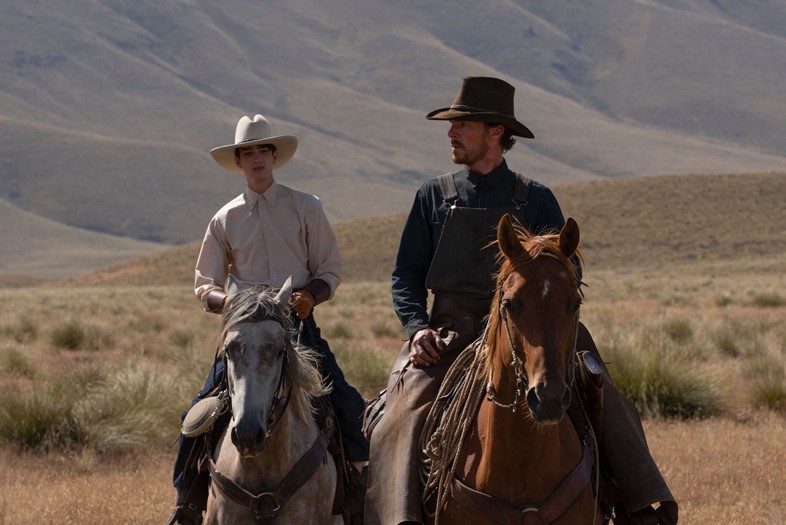
The Power of the Dog
Jane Campion’s first feature in over a decade is worth the wait. Benedict Cumberbatch gives a career-best performance as the menacing Phil Burbank, terrorising his new sister-in-law Rose with his contemptuousness and psychological warfare. All the elements of Campion’s Western have conspired to create one of the year’s most breathtaking films; New Zealand mountains provide the awe-inspiring landscape for the film’s setting of Montana, and the sinister events are accompanied by Jonny Greenwood’s evocative score.
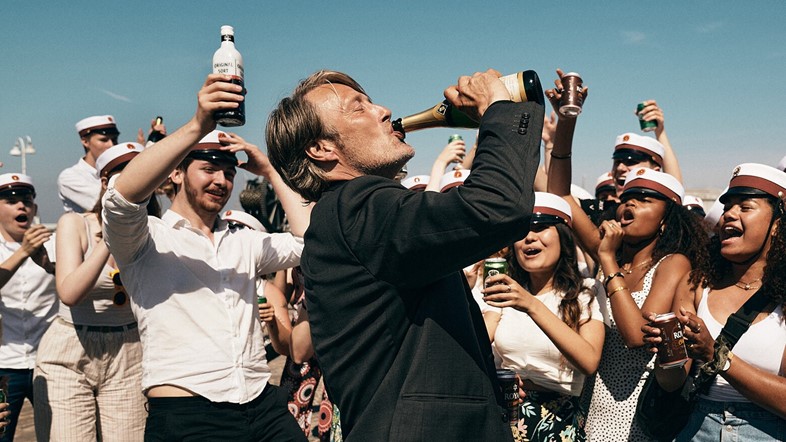
Another Round
In Thomas Vinterberg’s Another Round, four friends who all teach at the same school seek to break free from the monotony of their lives by embarking on a group experiment, testing out the hypothesis that maintaining a low level of constant intoxication will improve their general wellbeing. The film eschews didacticism, instead rejoicing in the mens’ heightened camaraderie, as well as exploring the fallout. The climactic scene in which Mads Mikkelsen’s character showcases his dance moves is celebratory yet melancholy, encapsulating the film’s thoughtful approach to drinking culture.
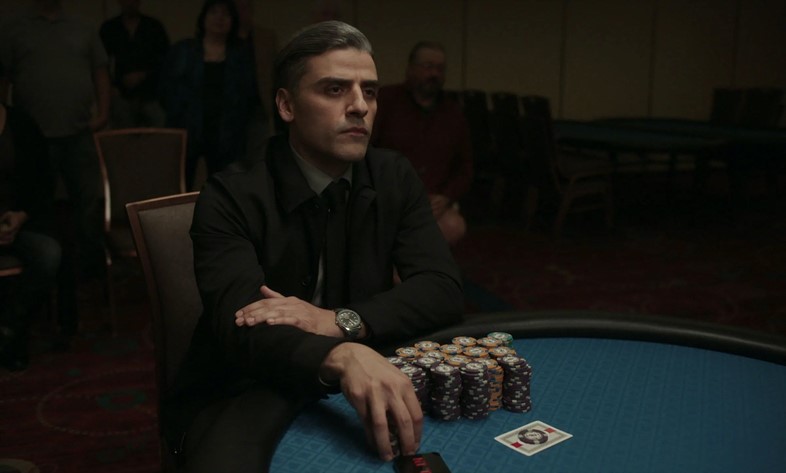
The Card Counter
William Tell doesn’t have a tell when it comes to poker, but his facade begins to crack when he’s confronted by a vestige from his past, in the form of a young man named Cirk. Cirk’s connection to Tell’s former role of a torturer in Abu Ghraib prompts him to ask for Tell’s help in a revenge plan. Oscar Isaac plays the role of tortured torturer to perfection, maintaining a cool and composed demeanour that slowly erodes as he tries to find absolution.
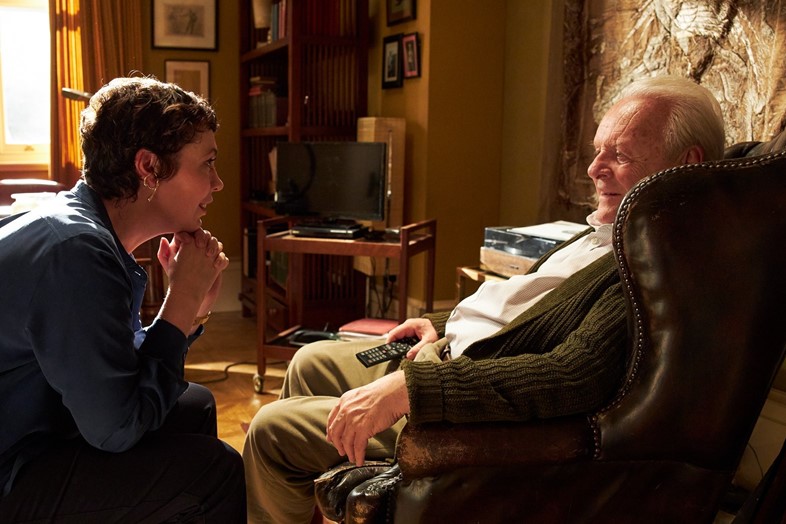
The Father
Anthony Hopkins garnered his second and greatly deserved Academy Award for the titular role in Florian Zeller’s The Father. As an observer to the perspective of a man who’s experiencing progressively deteriorating dementia, you deeply feel his paranoia and mistrust, and every chronologically disordered event feels jarring. When the certainty that one event will follow another is taken away, the end result is a totally disorienting experience, upsetting as much as it is enlightening.
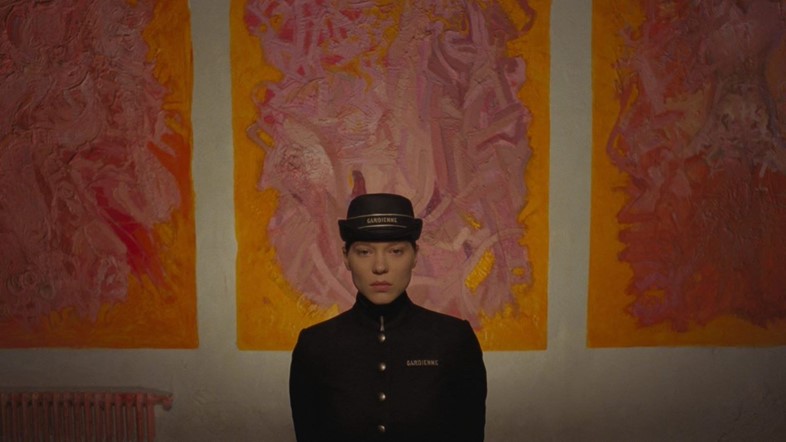
The French Dispatch
An anthology series, following a fictional newspaper’s final issue after the owner dies, each section of the film covers one of the stories published. Like many of Wes Anderson’s films, his singular style serves up so many details that you might need to watch it more than once to pick up on them all. It’s densely populated with witticisms, as well as melancholic reflections on the nature of memorialising the past.
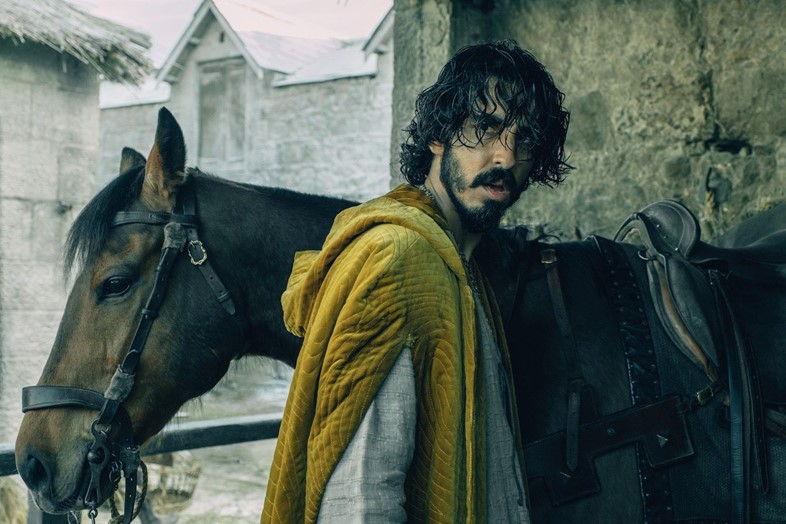
The Green Knight
David Lowery’s interpretation of the anonymous Arthurian poem, Sir Gawain and the Green Knight, provides a much deserved spotlight for Dev Patel’s charisma and allows him to shoulder most of the narrative alone. A high fantasy with stunning cinematography and visuals, The Green Knight is preoccupied with humanity’s relationship with nature, the temporary nature of our time on earth, and the creation of legend in light of our short tenure.
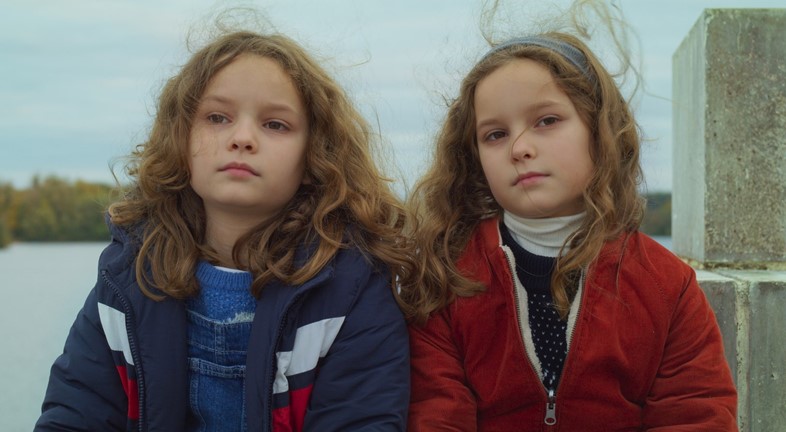
Petite Maman
Told from a child’s point of view, Céline Sciamma’s Petite Maman employs very little exposition, preferring instead to let the audience work at the same pace as the eight-year-old protagonist, Nelly. She befriends a young girl playing in the woods behind her childhood home, whom she gradually realises is her mother at eight years old. This fantastical experience gives Nelly a means to understand her mother more deeply, as well as process her own grief at her grandmother’s passing, all of which is explored with Sciamma’s characteristic tenderness.
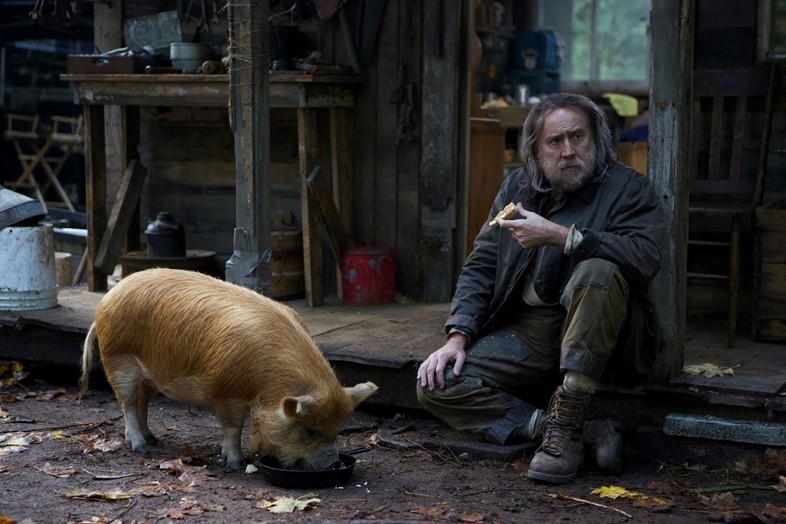
Pig
Nicolas Cage takes social distancing to a new level, as his character Rob has spent the last decade living in a forest, sequestered from the rest of the world. But reality comes knocking in the form of pig-nappers, spurring the reclusive chef on a hunt for his beloved truffle-hunting pig. Alex Wolff is one of the standouts as a young hero-worshipper trying to find his identity in the world of food elitism. While the film is called Pig, it’s more focused on how artistically barren the fine dining restaurant industry is, tackling this topic in a totally unexpected way.
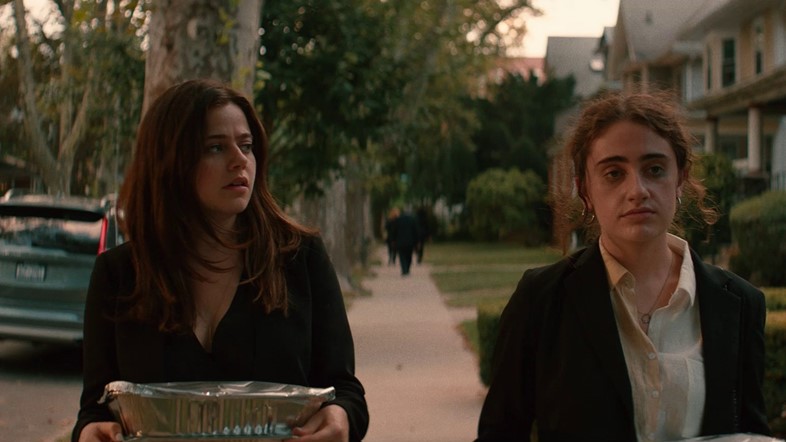
Shiva Baby
Equal parts romantic comedy and stress inducing thrill ride, Emma Seligman’s Shiva Baby follows college student Danielle as she attends a family member’s shiva. She’s confronted by her ex-girlfriend and her current sugar daddy, and the dialogue is equal parts hilarious, dry, and horribly uncomfortable. It’s directed as if it were a horror film, infusing Danielle’s socially awkward encounters with terror, especially when accentuated by the anxiety-ridden string score.

Supernova
Sam and Tusker are a married couple embarking on a road trip through the Lake District as they deal with Tusker’s diagnosis of early onset dementia. Both characters share a love of astronomy, and the titular astronomical event evokes Tusker’s desire to be remembered for his time when he burned brightest, not for when he’s faded beyond recognition. Colin Firth and Stanley Tucci share a wonderful heartbreaking chemistry, but the real star of the film is undoubtedly their glorious knitwear collection.
